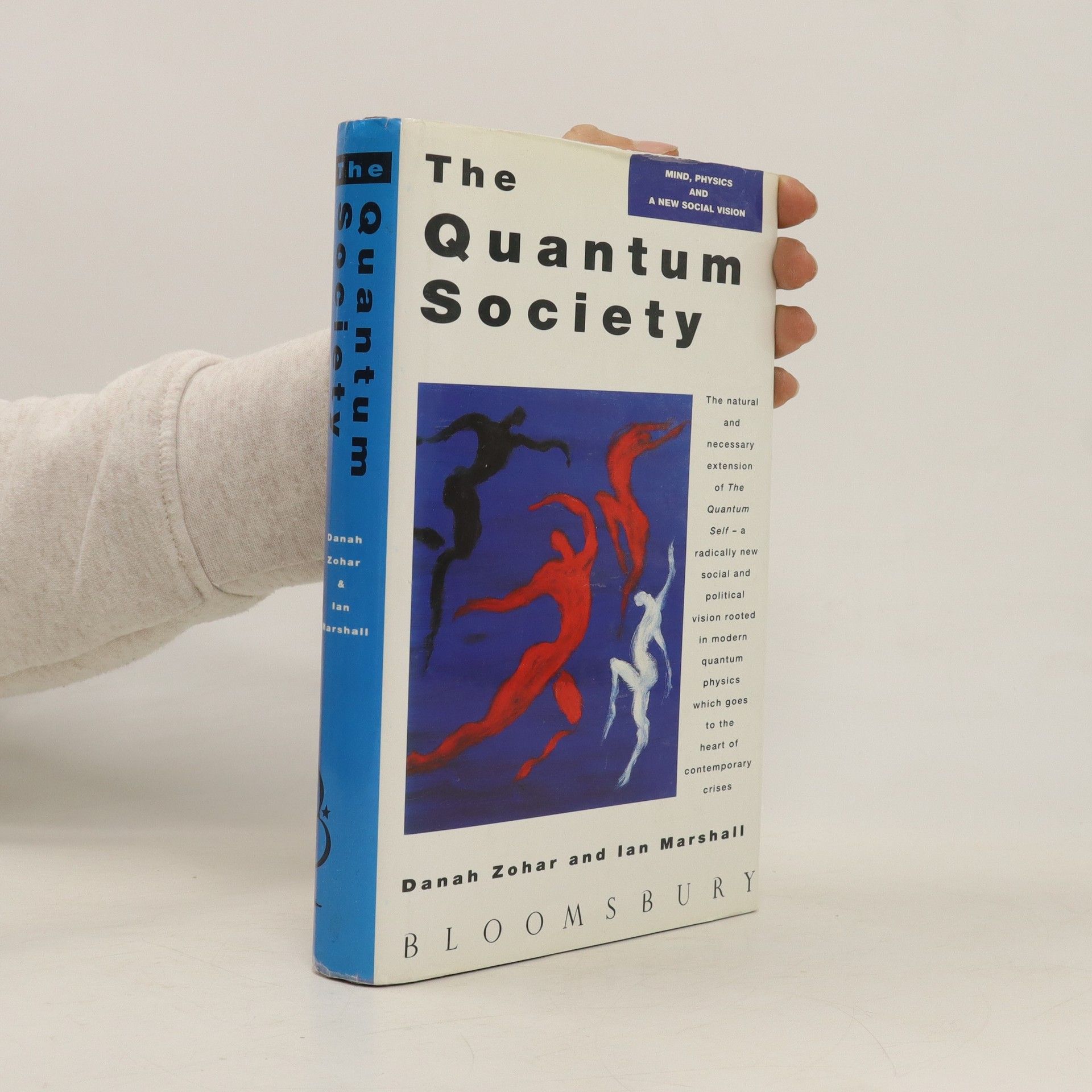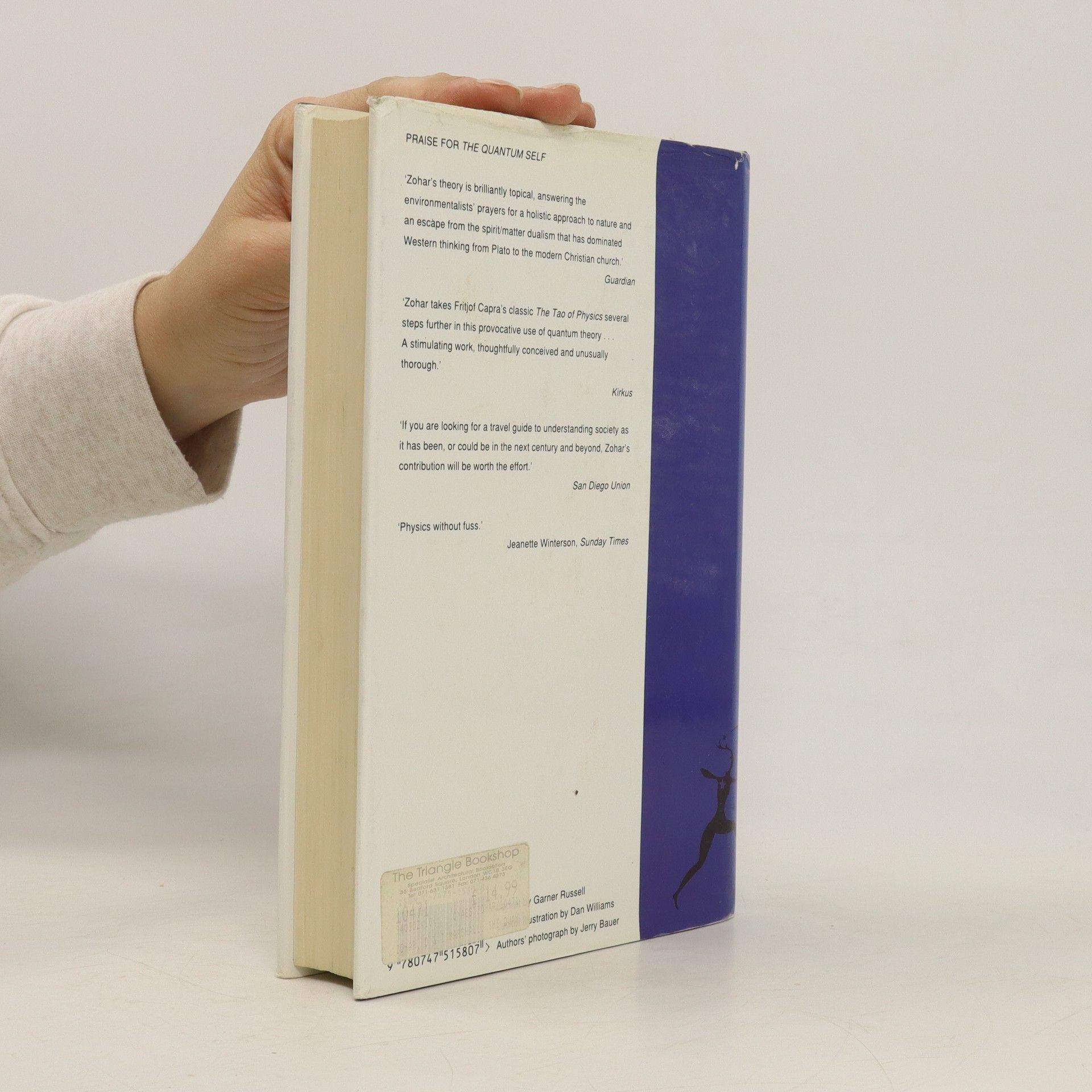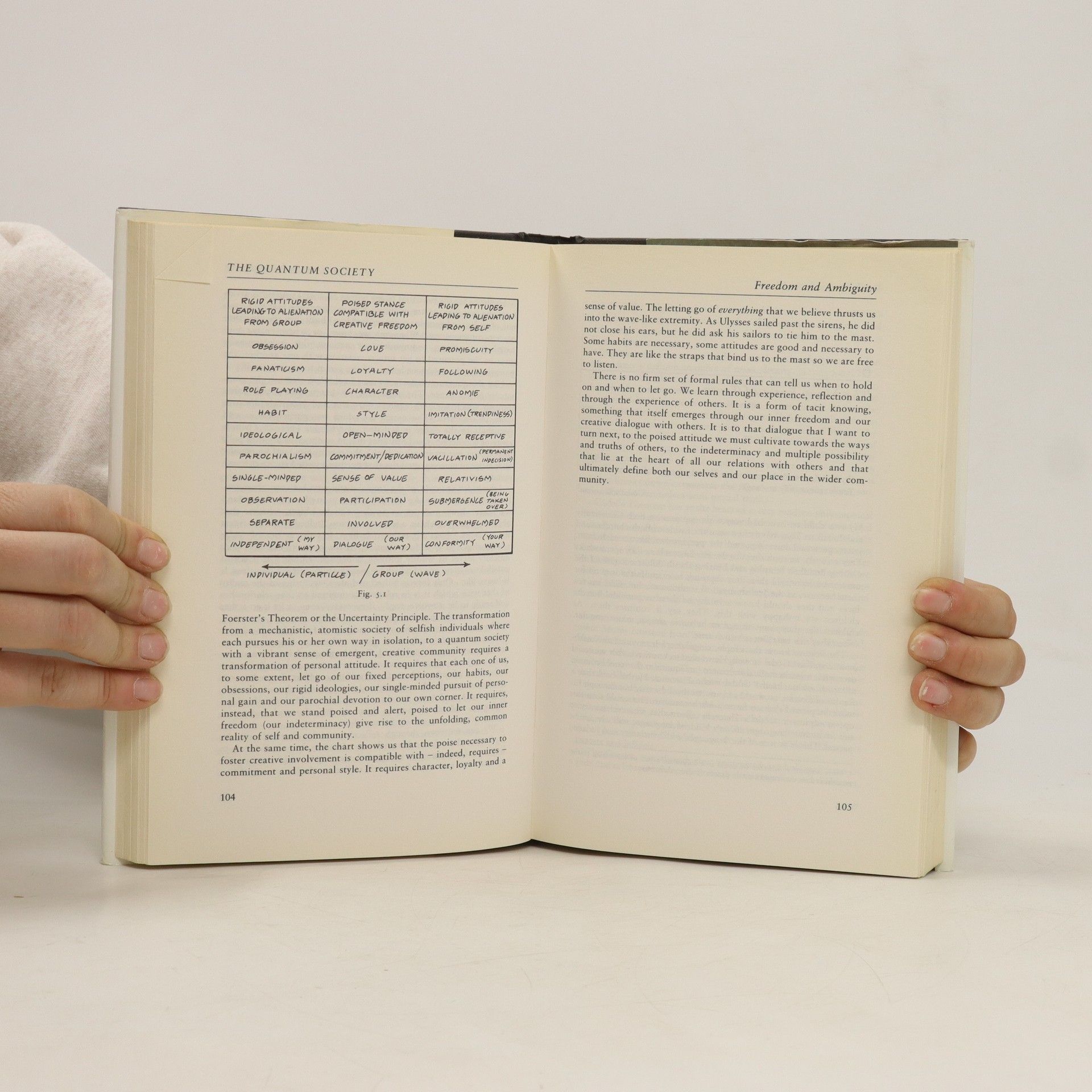Parameter
Kategorien
Mehr zum Buch
In The Quantum Self, philosopher Danah Zohar and her husband, Ian Marshall, used quantum physics as an explanatory tool "to help us go beyond the isolation and narcissism of modern culture" (Publishers Weekly). The authors merged new physics and New Age thought and offered a vision of self-identity that went beyond the narrow perspectives of Freudians, Jungians, and laboratory physicians. Now, drawing on the many analogies between quantum reality - the way modern physics defines our world - and the dynamics of self and society, Zohar and Marshall take their theory one step further. They argue that we can change our social perceptions, values, and behavior - the whole of our society - based on the nature of the mind and the universe itself. In their brilliant new book, they offer a new theory of cosmic and social evolution that allows us to rediscover the meaning and purpose of our society. Diversity, they suggest, is the creative evolutionary force. The larger and richer the range of diversity, the greater the opportunity for a society to express its own underlying potential - and to prosper by allowing for pluralist thinking. Zohar and Marshall present a radically new vision of how we can, through dialogue with each other and with our physical world, arrive at a new consensus that is itself a rich celebration of human diversity.
Buchkauf
The Quantum Society, Danah Zohar
- Sprache
- Erscheinungsdatum
- 1993
- product-detail.submit-box.info.binding
- (Hardcover)
Lieferung
Zahlungsmethoden
Feedback senden
- Titel
- The Quantum Society
- Sprache
- Englisch
- Autor*innen
- Danah Zohar
- Verlag
- Bloomsbury Publishing
- Erscheinungsdatum
- 1993
- Einband
- Hardcover
- ISBN10
- 0747515808
- ISBN13
- 9780747515807
- Kategorie
- Sozialwissenschaften, Philosophie
- Beschreibung
- In The Quantum Self, philosopher Danah Zohar and her husband, Ian Marshall, used quantum physics as an explanatory tool "to help us go beyond the isolation and narcissism of modern culture" (Publishers Weekly). The authors merged new physics and New Age thought and offered a vision of self-identity that went beyond the narrow perspectives of Freudians, Jungians, and laboratory physicians. Now, drawing on the many analogies between quantum reality - the way modern physics defines our world - and the dynamics of self and society, Zohar and Marshall take their theory one step further. They argue that we can change our social perceptions, values, and behavior - the whole of our society - based on the nature of the mind and the universe itself. In their brilliant new book, they offer a new theory of cosmic and social evolution that allows us to rediscover the meaning and purpose of our society. Diversity, they suggest, is the creative evolutionary force. The larger and richer the range of diversity, the greater the opportunity for a society to express its own underlying potential - and to prosper by allowing for pluralist thinking. Zohar and Marshall present a radically new vision of how we can, through dialogue with each other and with our physical world, arrive at a new consensus that is itself a rich celebration of human diversity.


